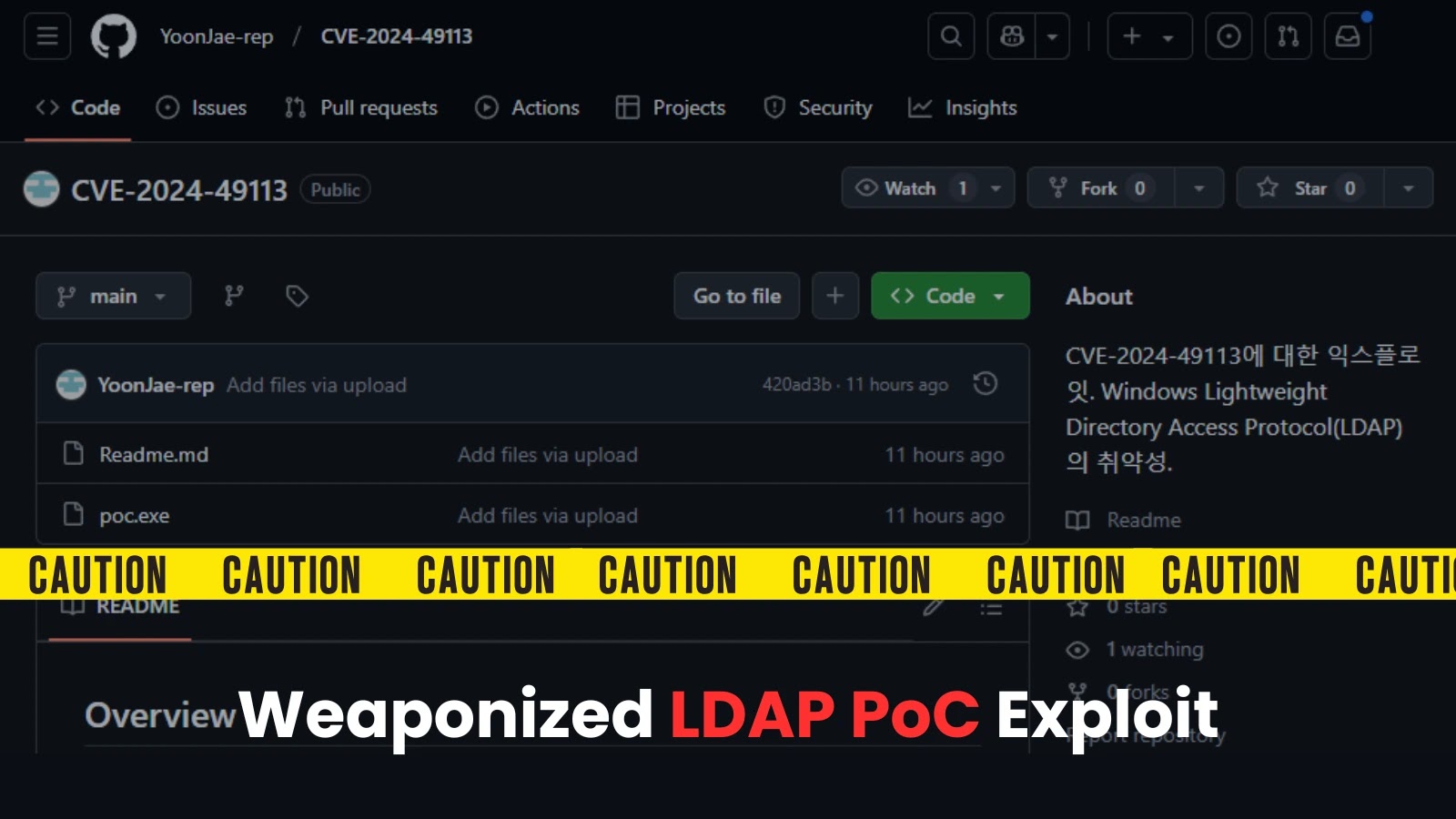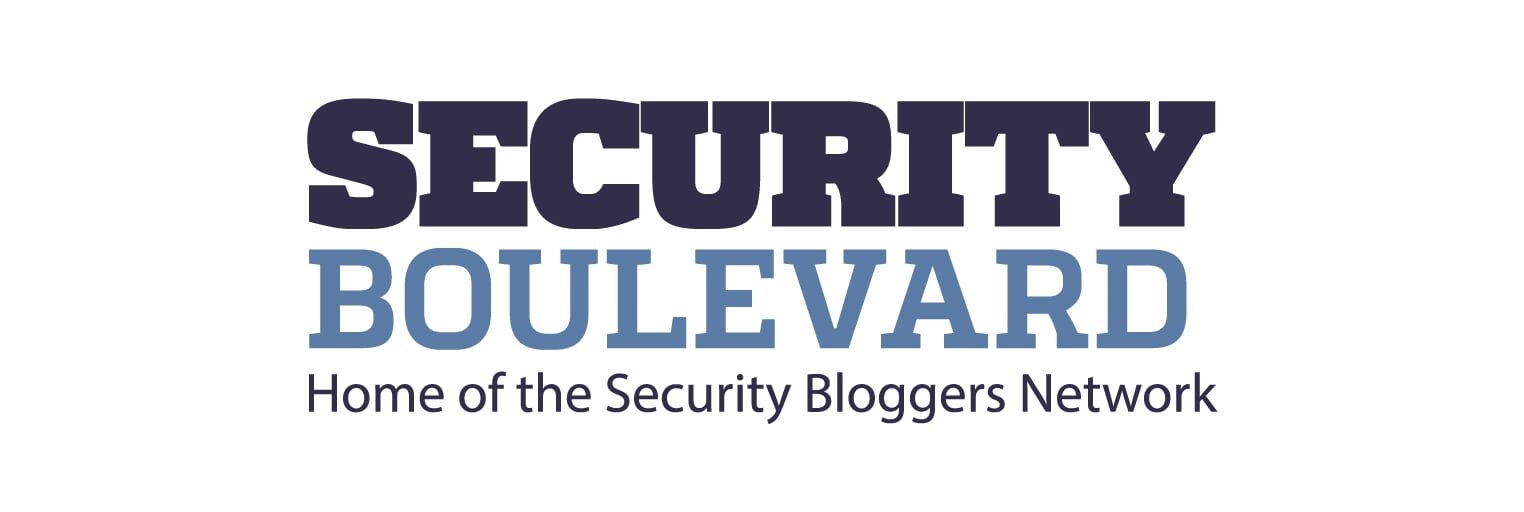Blimey mate, have you heard the latest out of Hong Kong? It’s quite the kerfuffle. Looks like the Privacy Commissioner over there is cracking skulls and handing out warnings. This time, the Urban Renewal Authority (URA) got caught with their trousers down, exposing the personal details of 199 people stored on a cloud platform. Bit off, innit?
Now, we all know data leaks from cloud storage misconfigurations are about as common as rain in Manchester, but this one’s been brought out into the light and is making waves. The Office of the Privacy Commissioner felt compelled to publish a report. Unsurprisingly, the URA got a few choice words for failing to button up their security practices and leaving data open to public access. Cheeky, if you ask me. I mean, it’s not rocket science, is it? You have a shared duty to safeguard the information if you’re using cloud services.
Even Privacy Commissioner Ada Chung Lai-ling chimed in. She highlighted a point that’s really important for any organisation using cloud computing. Both service providers and users share equal responsibility and duty to protect any data, especially personal details, stored on the cloud. Not just that, they also must not forget to comply with the requirements of the Privacy Ordinance.
It really brings up an interesting debate, don’t you think? In our world of cybersecurity and healthcare, privacy is like the Holy Grail. The balance between accessing useful data and maintaining people’s confidentiality is constantly being tested. So, what happens when the custodians, often third-party vendors, don’t ensure the vault is locked? Who’s responsible then?
As this incident shows, regardless of whether it’s Amazon S3 buckets, MongoDB, Azure blobs, open directories, or non-secure Rsync backups, it’s on the data owners and the vendors to make sure everything is locked up tight. Leaking data could have serious ramifications, including infringement of people’s privacy and potential harm that could result.
Therefore, entities need to be proactive and regularly check the security of their data. Not to stress you out or anything, but someone’s got to do it and better safe than sorry, right? Reckon we could all learn a thing or two from Hong Kong’s experience. It’s clear as day, isn’t it? Whether it’s you, me, or the next bloke, we all have a crucial role in keeping data secure. Lock up your virtual vaults, mates- cybersecurity is a shared responsibility.
by Parker Bytes



